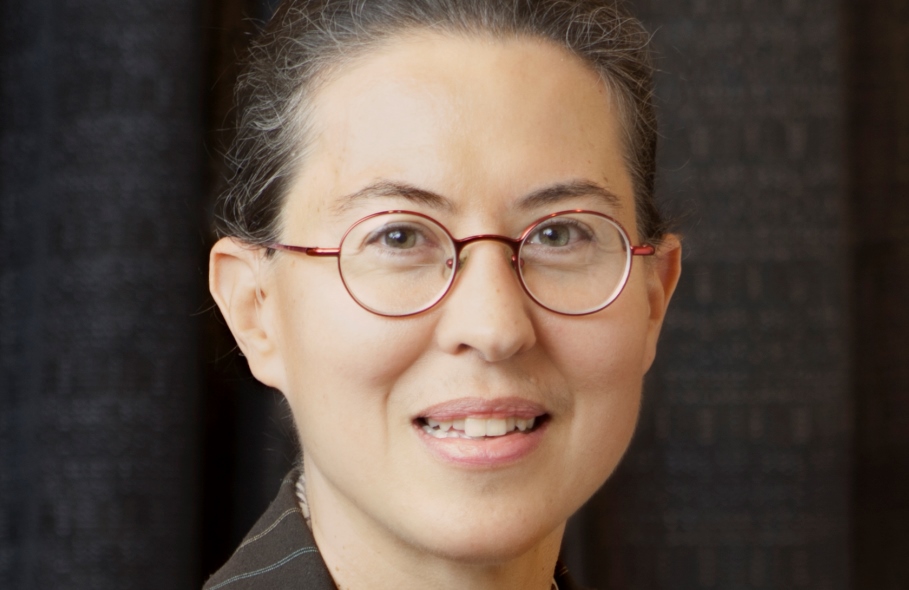Jennifer Cromley recognized as top 20 most published educational psychologist worldwide
by the College of Education at Illinois / May 17, 2016

Associate professor—one of seven U.S. educational psychologists to be recognized—credits Education at Illinois students for contributing as lead or co-authors in several of her papers
An article published by the journal Educational Psychology Review has ranked Associate Professor Jennifer Cromley in the Department of Educational Psychology as one of the top 20 most published educational psychologists in the world. The piece gauged the top five journals in the field.
Using a point system, the seven authors of the article “Individual and Institutional Productivity in Educational Psychology Journals from 2009-2014” ranked Cromley No. 19.
Cromley, whose Educational Psychology department was ranked this year as a No. 7 graduate program by U.S. News & World Report, said she was pleased that out of her seven articles the rankings were based on, three were written by doctoral students who were lead authors and all seven were co-authored by doctoral students.
“It’s great to be recognized for excellent research, and especially for the work I have done with doctoral students over the years,” Cromley said. “The students contribute really important ideas, as well as their labor, to bring these studies from an initial idea, through study design, data collection, and data analysis, all the way to publication. It’s exciting to make new discoveries in education, and also to train the next generation of scholars along the way.”
Cromley noted that more scholars in the top 20 lived and worked outside the U.S. and that she is one of seven who are based in an American university.
The article examined the productivity of both individuals and institutions, indexed through an examination of five educational psychology journals: Cognition and Instruction, Contemporary Educational Psychology, Educational Psychologist, Educational Psychology Review, and the Journal of Educational Psychology.
In the conclusion of the piece the authors write, “Our purposes for this study were simply to update the 2009-2014 rankings of the most productive authors and institutions as well as to analyze educational psychology article trends in terms of collaboration and international involvement. Our findings revealed that individual and institutional productivity in educational psychology journals has been both consistent in terms of the top performers over the past 24 years.”
Read the full article.